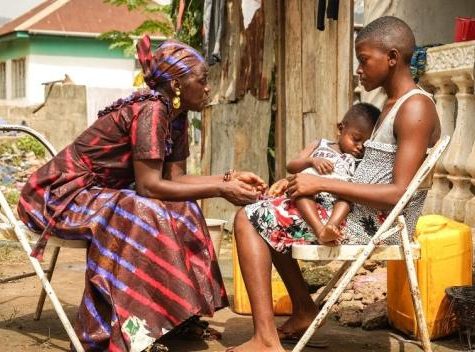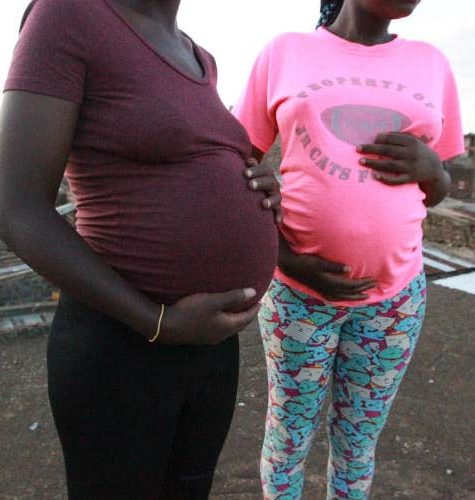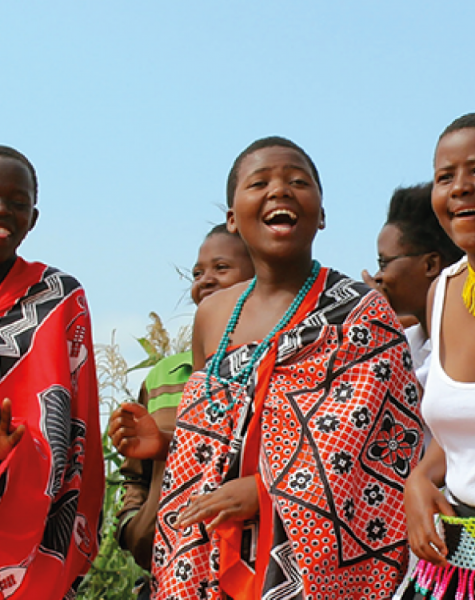Sexual Reproductive Health
CASIT is in forefront to train Youth to increase knowledge and change social norms around sexual and reproductive health as well as link youth to appropriate and youth friendly services. The Reproductive Health Programme develops guidelines, norms, and standards for sexual and reproductive health and rights (SRH) in different contexts. The Programme supports Member States in developing, implementing, and evaluating effective policies and strategies related to sexual and reproductive health to improve SRH’s outcomes throughout the life cycle and ensure universal coverage.
Gender inequity, poverty among women, weak economic capacity, sexual and gender-based violence, including female genital mutilation (FGM), are major impediments to the amelioration of women’s health in the African Region. To ensure that women and men have equal access to the necessary opportunities to achieve their full health potential and health equity, the health sector and the community need to recognize that women and men differ in sex and gender. Because of social (gender) and biological (sex) differences, women and men experience different health risks, health-seeking behavior, health outcomes, and health systems responses. Furthermore, gender social stratifications have resulted in unequal benefits among various social groups of women and men, as well as between women and men. Hence, continued support to Member States to roll out the Women’s health strategy and its resolution and integrating gender into health policies and programmes have been the significant achievements.
Women in the African Region are more likely to die from communicable diseases (e.g., HIV, tuberculosis, and malaria), maternal and perinatal conditions, and nutritional deficiencies than women in other regions. Globally, about 468 million women aged 15–49 years (30% of all women) are thought to be anaemic, at least half because of iron deficiency, and most of these anaemic women live in Africa (48–57%). It’s reported that 1 in 4 deaths among adult women are caused by NCDs such as heart disease, cancer, and diabetes. Tobacco is a leading risk factor for NCDs, and its use is increasing among young women in the Region.
Source: World Health Organization






